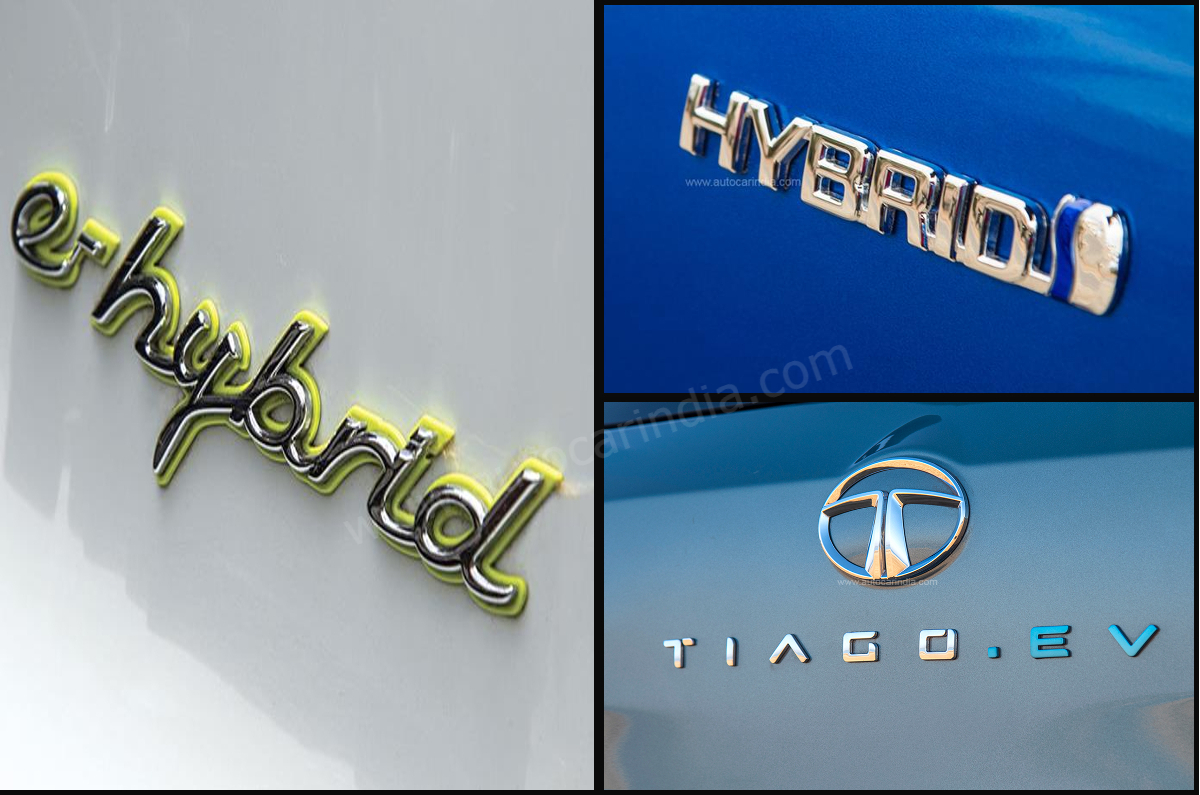Tamil Nadu EV Policy 2023: Tata Nexon EV, Honda City hybrid, Toyota Hyryder hybrid, Maruti Suzuki Grand Vitara hybrid to get cheaper

The new policy will also offer financial support to companies which aim to transition into EV manufacturing.
The Tamil Nadu government has introduced a new policy under which it will waive road tax, registration charges and permit fees for electric vehicles in the state. The Tamil Nadu Electric Vehicle Policy 2023 says that the term “EV” includes battery electric vehicles (BEV), plug-in electric vehicles (PEV), plug-in hybrid electric vehicles (PHEVs), and even strong-hybrid vehicles.
- Tamil Nadu EV policy also includes plug-in hybrids
- Chennai, Coimbatore, Madurai among pilot EV cities
- State to revise power tariffs for public chargers
The policy aims to attract Rs 50,000 crore worth of investment in EV manufacturing, the creation of 1.5 lakh new jobs during the policy period, and the development of a strong EV system in the state. The Tamil Nadu government has signed MoUs for an investment of Rs 24,000 crore and an employment potential of 48,000 jobs in the EV value chain.
Plus, the policy gives several sops, including reimbursement of state goods and services tax, investment and turnover-based subsidy, advanced chemistry cell subsidy, electrification of public and commercial transport and creation of EV cities, among others. Chennai, Coimbatore, Tiruchirappalli, Madurai, Salem and Tirunelveli have been selected as pilot cities for implementing e-mobility solutions.
Strong hybrids to become more affordable
With the inclusion of strong hybrids in the definition of EVs, cars and SUVs like the Honda City Hybrid, and the hybrid duo of Toyota Hyryder and Maruti Suzuki Grand Vitara will get more affordable due to no road tax and registration charges.
Further, based on the battery capacity and the vehicle type, the Tamil Nadu government will offer incentives ranging between Rs 5,000 and Rs 10 lakh for commercial vehicles. Converting internal combustion engine-powered commercial vehicles to EVs will be incentivised. The state government added it has plans to undertake measures to electrify shared transport vehicles in a gradual manner beginning from the EV cities.
The government will also revise the power tariff for public charging stations and offer incentives to charging and battery swapping stations, as per the new EV policy.
What else does the EV policy say?
EV projects will be provided a 100 percent exemption on electricity tax for a period of five years on power purchased from the Tamil Nadu Generation & Distribution Corporation Limited (TANGEDCO) or generated and consumed from captive sources.
As part of employment generation, EV projects will be provided with an employment incentive in the form of the reimbursement of the employer’s contribution to the EPF – a maximum Rs 48,000 per employee and residents of Tamil Nadu – for all new jobs created during the policy period. Financial support will be offered to companies who wish to transition into EV manufacturing for upskilling their workforce.
The policy states that amendments to building and construction laws will be made to ensure that charging infrastructure is integrated at the planning stage itself for all new constructions and apartments in cities.
Tamil Nadu to exempt permits for e-autos in the state
E-commerce and other e-aggregator companies in Tamil Nadu will be encouraged to transition their vehicles to EVs gradually. Presently, the registration of EVs is limited to private vehicles. The Home (Transport) Department will issue guidelines to enable registration of commercial EVs, including electric two-wheelers for commercial use. The Tamil Nadu government said it is in the process of formulating and issuing guidelines for exempting permits for e-Autos operating in the state.
Electrification of commercial vehicles is economically viable and provides higher benefits due to higher utilisation rates, so the government will provide incentives till December 31, 2025.
Also see:
New UP government policy makes EVs more affordable
